Learning to Make a Difference at One Stone
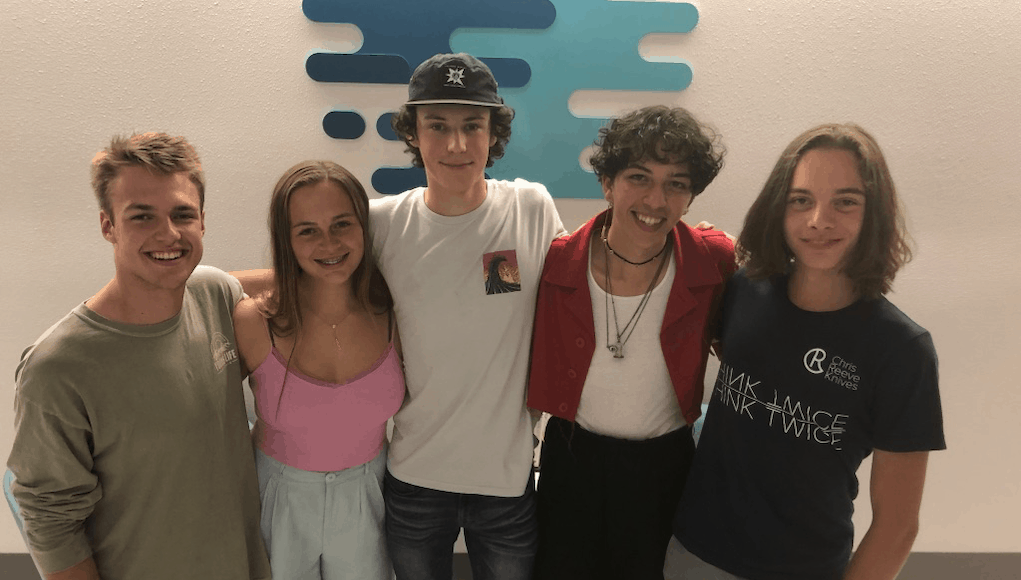
“School should be about learning, curiosity, risk-taking, and reflection,” said Lucy Streeby, board chair at One Stone, an innovative student-led high school in Boise.
J.D. appreciates the focus on risk-taking and embracing ambiguity; he thinks school should be about gaining knowledge for a future that fits your passions.
Liam, who has become a regional leader on environmental issues said, “School should be about exploring your passion—authentically you—as well as things you’re not always engaged in.”
He petitioned to assemble an Idaho affiliate of Youth Climate Strike and organized a March event for 300 people. About One Stone, he said: “We constantly advocate for what we believe in. We have created a community around this problem; we have created a very large ripple effect.
Kayla said school should be a time to “create and collaborate with learners to be the best possible people we can.”
She added that high school is a “perfect time to figure out what’s important, a time of new awakenings and opportunities.”
Bennett appreciates that a school like One Stone has exposed him to new interests, “I’ve changed my passion two or three times.”
After having the opportunity to go deep on knife making, he was able to confirm that it is a hobby, not a profession. With an interest in health, he’s had the opportunity to intern and then work in a hospital.
J.D. had the opportunity to create music albums with refugees this summer. “At One Stone, we have endless possibilities—so much room to try things.” After a design lab on homelessness, he started a chapter of Skate for Change to address local needs.
Over 400 projects were completed by One Stone’s first graduating class. Many of them were in service to the community, including parent and teen discussions about alcohol abuse; teaching middle school girls about healthy relationships and behaviors; a campaign to reduce waste from single-use cups; a campaign to fight drinking and driving on graduation night; taking refugees on outdoor adventures, and 3D-printing parts for local businesses.
“Students are willing and ready to talk about tough topics that adults are often conditioned to steer away from,” explained founder Teresa Poppen. At One Stone, they don’t shy away from difficult subjects like depression and substance abuse. When they host community conversations, adults are often surprised at the poised and thoughtful ways One Stone students address emerging issues.
Some of the project topics are student-generated, while others are coach driven. Both students and coaches are informed by community input. At the beginning of the school year, One Stone issued a ‘Request for Problems’ to its local partners that would be used to inform their investigations and contributions.
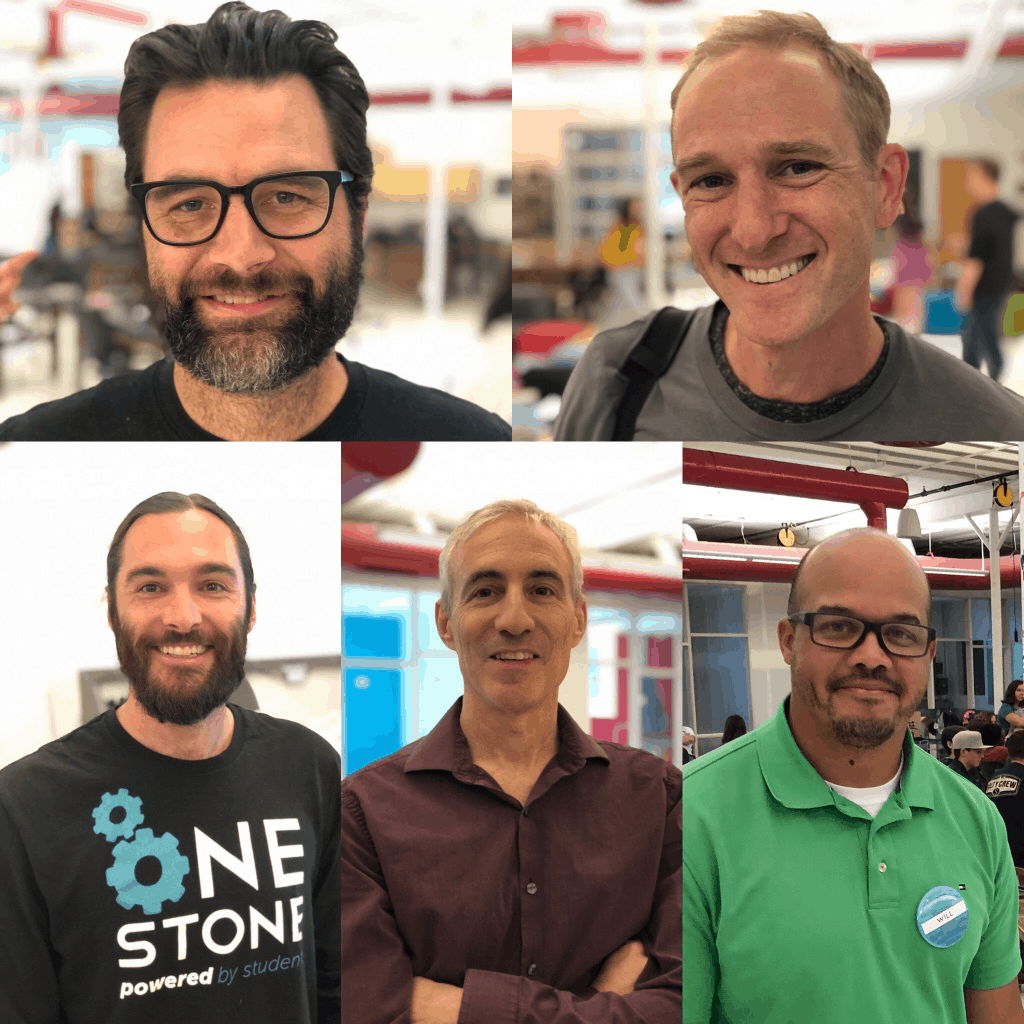
Immersive Community-Connected Projects
From “Windmills and Solar Panels” taught by a wizard of an electrical engineer to fly fishing taught by a patent attorney, in early September, One Stone learners were engaged in four-day Deep Dives, a long list of experiential learning opportunities that included cybersecurity, mixing music, mindfulness and film making.
Coach Michael Fitzerald said most of the student-made films focused on topics students are passionate about. One involves a script that a student has been working on for years. Another deals with standing up to power dynamics, a third explores the challenges of aging. The goal is for them to go deep on something they care about, and to encourage them to think critically.
After Deep Dives come three weeklong immersions that allow more time out of the building process. The weekly schedule also includes a three-hour ‘Mission block’ for students to invest time on passion projects.
In the background of each experience are the school’s ‘Bold Learning Objectives.’ The One Stone outcome framework promotes applied knowledge, a growth mindset, design thinking and creativity, and leadership.
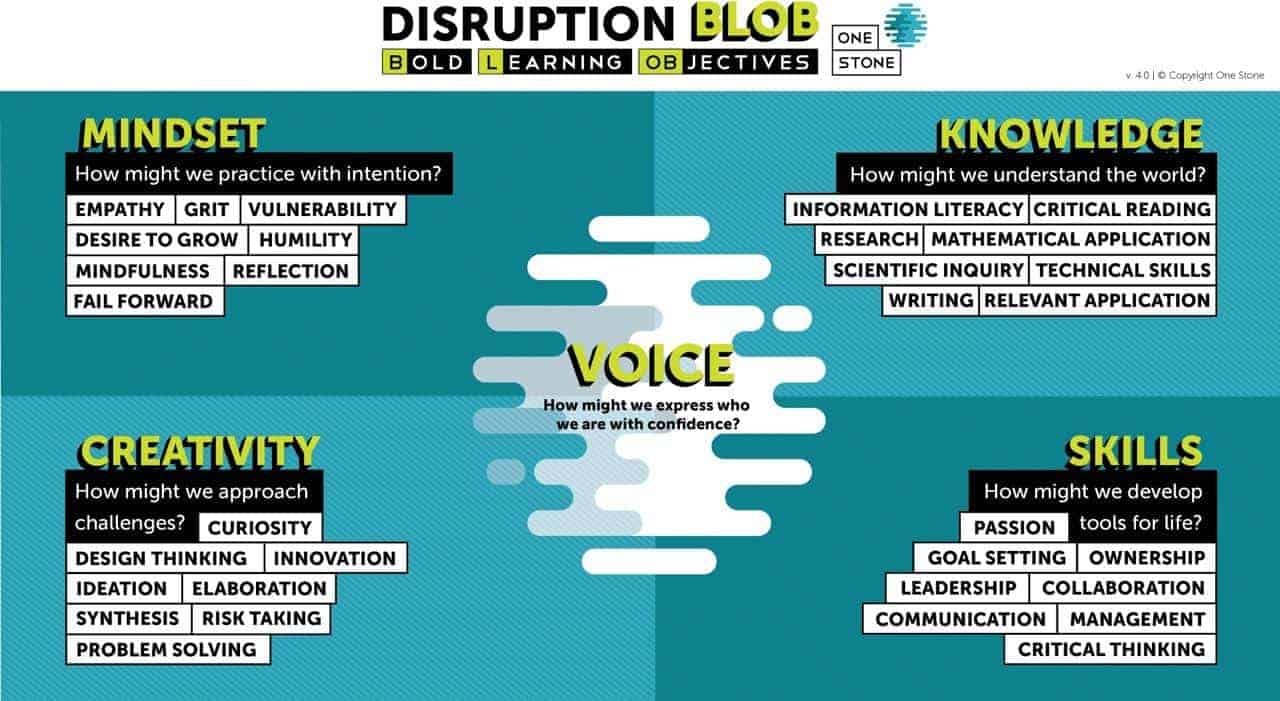
Artifacts from these learning experiences are captured in a student-curated portfolio. Coach feedback is logged in a growth transcript.
A Tradition of Service
The innovative school is in its fourth year, but the nonprofit has a dozen-year tradition of serving the Treasure Valley. Project Good is a student-led service program that tackles 15-20 projects each year, delivering value to the Boise community and life-changing experiences for youth (both full-time One Stone students and those from a dozen area high schools).
Another example is Open Book Adventures, a free tutoring and mentoring program for first and second-grade students. For five weeks, the young readers are paired with a One Stone ‘Adventure Guide’ for an hour and a half of reading, writing, games and connection.
The majority of Project Good’s nonprofit board members are teens. Their two-year terms boost leadership skills and financial acumen—and they run the best board meetings you’ll ever attend.
For more, see:
- One Stone: Where Purpose Meets Impact
- Carnegie Learning and One Stone High School: A Powerful Partnership
- How to “Pick the Lock”: The Five Secrets to One Stone’s Success
Stay in-the-know with innovations in learning by signing up for the weekly Smart Update.
This blog was originally published on Forbes.


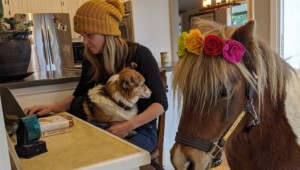
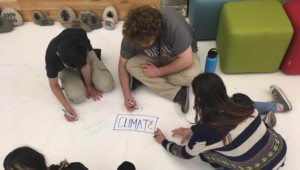
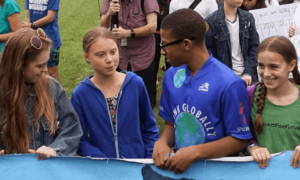
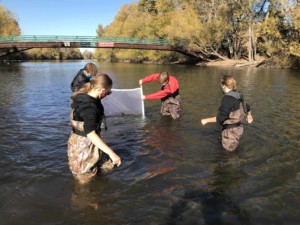
0 Comments
Leave a Comment
Your email address will not be published. All fields are required.